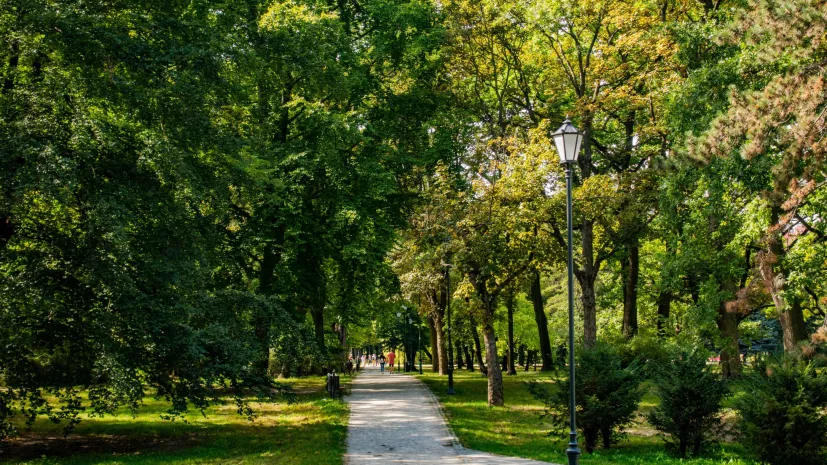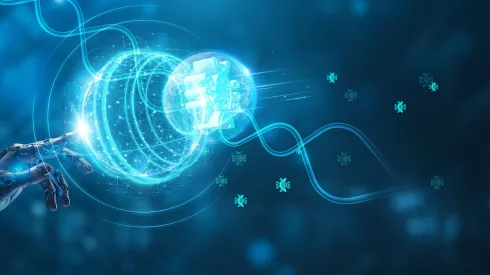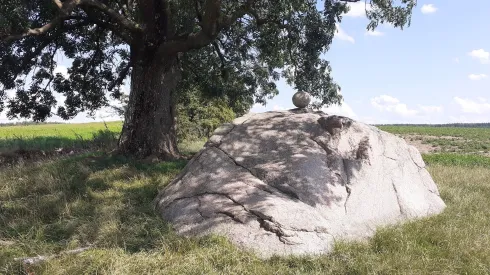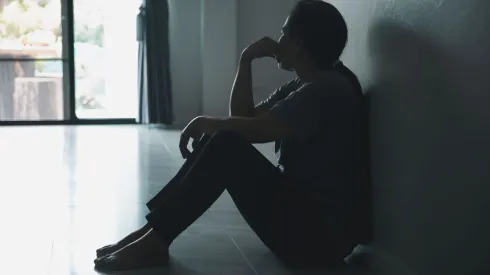
Anthropocene biologist: In the future, cities may be oases of biodiversity
Since we are cutting down primary and secondary forests and spreading tons of pesticides over vast agricultural areas, perhaps in the future, cities will become extremely important oases of biodiversity, Professor anthropocene biologist Marta Szulkin from the University of Warsaw says in an interview with PAP,.
-

Post-traumatic stress disorder linked to higher blood insulin
PTSD symptoms are linked to higher blood insulin levels, a study by researchers from the University of Silesia shows. This may be the first step to insulin resistance and then diabetes. Early detection and treatment of PTSD may therefore be a way to avoid other serious health problems in the future.
-

How much science fiction and how much science in bioethical discussions? Jagiellonian University researchers investigate
A large part of bioethical discussions on 'human enhancement' possibilities is not based on real scientific discoveries, but on futuristic possibilities, drawing from science fiction metaphors and plots, according to an analysis conducted by Jagiellonian University researchers.
-

13 degrees to chaos. How order emerges created and disappears in pedestrian flow
The principles of the emergence of order and chaos in the flow movement of pedestrians going in different directions have been described by an interdisciplinary team of scientists in a publication in PNAS. If the dispersion of the path of pedestrians' movement exceeds 13 degrees, the movement ceases to be fluid, and congestions arise in place of orderly paths.
-

Study: Women more likely to experience chronic loneliness
As many as 50 percent of adult Poles may experience chronic loneliness. Women are more likely to develop it, according to research by scientists from the Department of Psychiatry at the Wroclaw Medical University. The study also shows that 23 percent of respondents admit to social isolation.
-

Erratic boulders in legends and science; what giants brought us from across Baltic Sea
A devil's rock - a boulder that a giant carried across the frozen Baltic Sea, a stone left during the Swedish Deluge... Ethnologist Robert Piotrowski, PhD, analyses the stories of erratic boulders from northern Poland - both the scientific ones and those immortalized in legends.
-

Experts: Posting videos of crying children is cyberbullying
Parents posting content that shows a child crying, worried, scared or surprised is called parental trolling, a form of cyberbullying, warn researchers of this phenomenon, drawing attention to the possible effects of common online behaviours.
-

Jokers, jesters, pranksters: Psychologists explore role of humour in self-presentation
There are people for whom making others laugh is a matter of honour. The strategies used in the comic style of self-presentation were described by humour researcher Agnieszka Fanslau, PhD. In her opinion, laughter and making others laugh play important roles: they allow you to maintain control over the course of interaction and create a sense of belonging.
-

Report: 87% of Internet users consider hate to be serious social problem
The report 'Polish Internet users on hate 2019-2024' by a linguist and media expert, a professor at SWPS University, was based on a survey of a representative group of 815 Polish Internet users over the age of 15. It was conducted in two waves - in March 2019 and November 2024.
-

Study: Depression and stress related to war in Ukraine also strongly affected Polish students
Polish students reported high levels of depression and stress after Russia's aggression against Ukraine, higher than Ukrainian students, an international study has shown. The result is consistent with other analyses indicating that students from conflict-free countries often experience greater stress than those from war zones.













